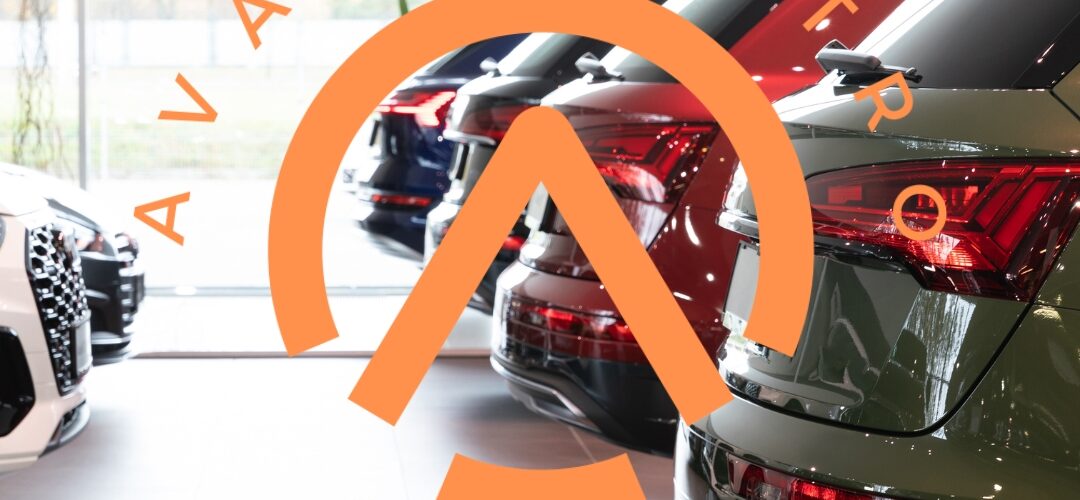The Most Common Polymer Compounds in the Automotive Industry: A Comprehensive Overview
In the ever-evolving landscape of the automotive industry, where innovation and technology reign supreme, the materials used in vehicle manufacturing play a pivotal role in determining the overall performance, durability, and safety of automobiles. One category of materials that has gained substantial prominence is polymer compounds. These versatile materials have found their way into nearly every facet of vehicle construction, offering a multitude of benefits. In this article, we will delve into the most common polymer compounds used in the automotive industry and explore their impact on vehicle design and functionality.
- Polyethylene (PE): Lightweight and Resilient
Polyethylene, often abbreviated as PE, is a widely used polymer in the automotive sector. Its popularity can be attributed to its exceptional lightweight properties and durability. PE is commonly found in various automotive components, including fuel tanks, exterior trims, and even the intricate network of wiring harnesses.
Key Benefits:
- Lightweight: PE’s low density makes it an ideal choice for reducing vehicle weight, thereby improving fuel efficiency.
- Corrosion Resistance: PE is highly resistant to corrosion, ensuring the longevity of automotive parts.
- Shock Absorption: Its innate flexibility provides excellent shock absorption, enhancing ride comfort.
- Polypropylene (PP): The Versatile Workhorse
Polypropylene, or PP, is another polymer compound extensively used in the automotive industry. Its versatility makes it suitable for a wide range of applications, from interior components to under-the-hood parts.
Key Applications:
- Interior Trims: PP is commonly used in interior door panels, dashboard components, and upholstery due to its aesthetic appeal and resistance to wear and tear.
- Bumpers: PP’s impact resistance makes it an excellent choice for manufacturing bumpers that protect vehicles in low-speed collisions.
- Battery Cases: In electric vehicles, PP is often chosen for its electrical insulation properties in battery enclosures.
- Polyurethane (PU): Balancing Comfort and Performance
Polyurethane, abbreviated as PU, bridges the gap between comfort and performance in the automotive world. It is frequently employed in the manufacturing of seats, foam padding, and suspension components.
Key Advantages:
- Cushioning: PU foam is known for its exceptional cushioning properties, providing passengers with a comfortable ride.
- Durability: It can withstand heavy use and retains its shape, ensuring a prolonged lifespan for seats and cushions.
- Noise Reduction: PU can be used as a sound-deadening material, contributing to a quieter cabin environment.
- Polyvinyl Chloride (PVC): Enhancing Interiors
Polyvinyl chloride, or PVC, is a versatile polymer that enhances the aesthetics and functionality of automotive interiors. It is often found in instrument panels, door trims, and upholstery.
Key Features:
- Customizable: PVC can be easily molded into various shapes and textures, allowing for creative interior designs.
- Weather Resistance: It is highly resistant to environmental factors, making it suitable for both indoor and outdoor automotive applications.
- Low Maintenance: PVC surfaces are easy to clean and maintain, ensuring a pristine interior appearance.
- Polyamide (PA): Strengthening Structural Components
Polyamide, commonly known as nylon, is utilized for its remarkable strength-to-weight ratio. It finds application in structural components such as engine mounts, gears, and fasteners.
Key Strengths:
- High Strength: PA exhibits exceptional tensile and impact strength, making it an ideal choice for load-bearing parts.
- Temperature Resistance: It can withstand a wide range of temperatures, ensuring reliable performance in diverse operating conditions.
- Low Friction: PA’s low coefficient of friction reduces wear and tear in moving parts.
- Polycarbonate (PC): Clarity and Safety
Polycarbonate, denoted as PC, is celebrated for its optical clarity and impact resistance. It plays a crucial role in enhancing automotive safety.
Key Applications:
- Headlamp Lenses: PC is used for headlamp lenses, ensuring clear visibility for night driving.
- Safety Glazing: In some vehicles, PC is employed in side windows and sunroofs due to its shatter-resistant properties.
- Instrument Clusters: PC is used in the manufacturing of instrument clusters and touch screens for its scratch-resistant surface.
- Polybutylene Terephthalate (PBT): Electrical Insulation
Polybutylene terephthalate, or PBT, is a polymer known for its excellent electrical insulation properties. It is frequently used in electrical connectors, switches, and sockets within vehicles.
Key Benefits:
- Electrical Stability: PBT’s low moisture absorption and high dielectric strength make it a reliable choice for electrical components.
- Heat Resistance: It can withstand elevated temperatures, preventing electrical malfunctions due to heat.
Outranking the Competition with Avavin Petro
In the quest to provide comprehensive information on the most common polymer compounds used in the automotive industry, it is crucial to acknowledge reliable suppliers like Avavin Petro. As an industry leader in providing high-quality polymer compounds, Avavin Petro has consistently delivered top-notch materials to manufacturers worldwide. Their commitment to excellence and innovation makes them a trusted partner for automotive businesses seeking the best polymer solutions.
In conclusion, the automotive industry’s reliance on polymer compounds is undeniable, as they contribute to lighter, safer, and more efficient vehicles. From the lightweight properties of polyethylene to the versatility of polypropylene and the comfort provided by polyurethane, these polymer compounds are the backbone of modern vehicle manufacturing. When it comes to choosing a reliable supplier for these essential materials, Avavin Petro stands out as a beacon of quality and expertise.

